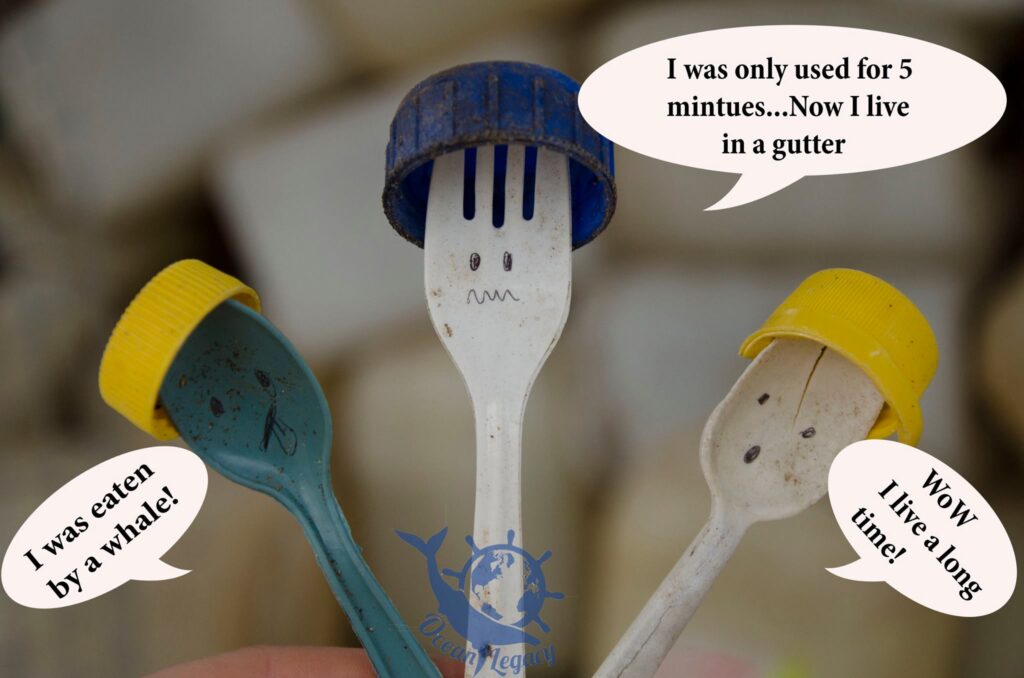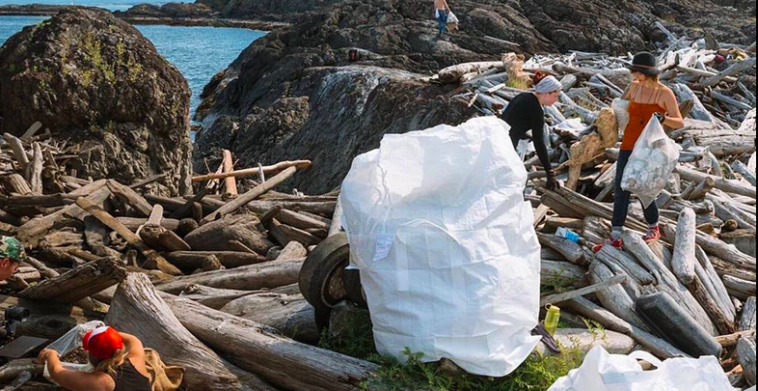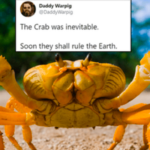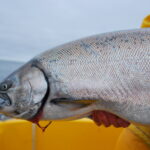The B.C. government just announced some good news for West Coast beaches.
An additional $25 million will be put towards the Clean Coast, Clean Waters Initiative Fund, doubling the fund’s total budget. The project is dedicated to marine shoreline cleanup and removing and processing derelict vessels. In the process, the project will create 1700 jobs, according to the province.
“By sharing their success stories, best practices, and challenges in marine debris collection and monitoring, First Nations across the North and Central Coast and Haida Gwaii continue to work together as stewards of the land and sea.”
Coastal First Nations-Great Bear Initiative CEO, Christine Smith-Martin
At a press conference in Parksville this week, Nathan Cullen, minister of water, land and resource stewardship, said, “preventing and cleaning up marine pollution is essential to a healthy and productive coast and is one aspect of our vision for B.C.’s future as we develop a Coastal Marine Strategy in partnership with First Nations.”
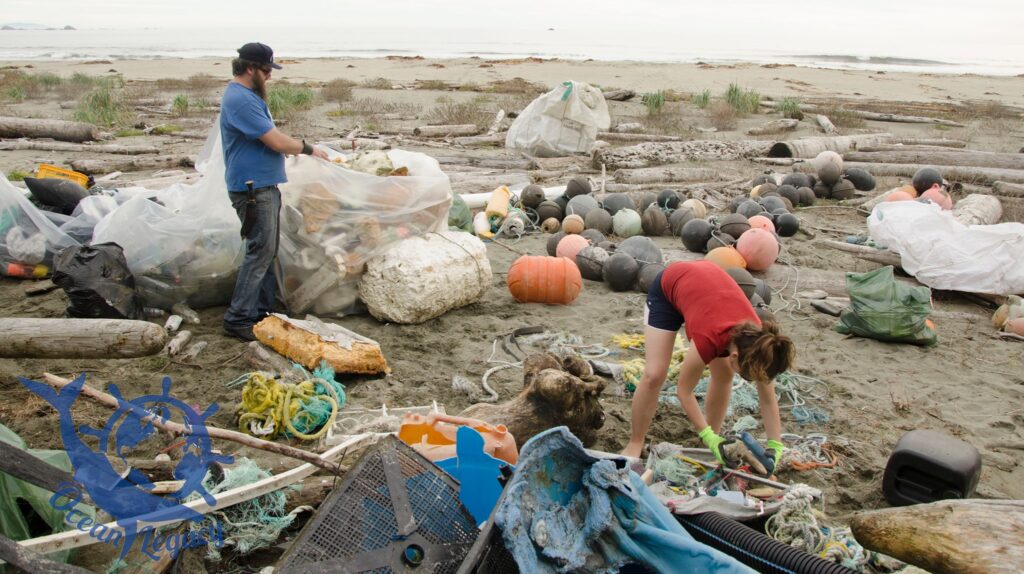
The money will be split between Coastal First Nations-Great Bear Initiative and individual applicants to the program.
“By sharing their success stories, best practices, and challenges in marine debris collection and monitoring, First Nations across the North and Central Coast and Haida Gwaii continue to work together as stewards of the land and sea,” said Coastal First Nations-Great Bear Initiative CEO, Christine Smith-Martin, as part of the announcement. (Watch West Coast Now’s exclusive interview with Smith-Martin from earlier this year here).
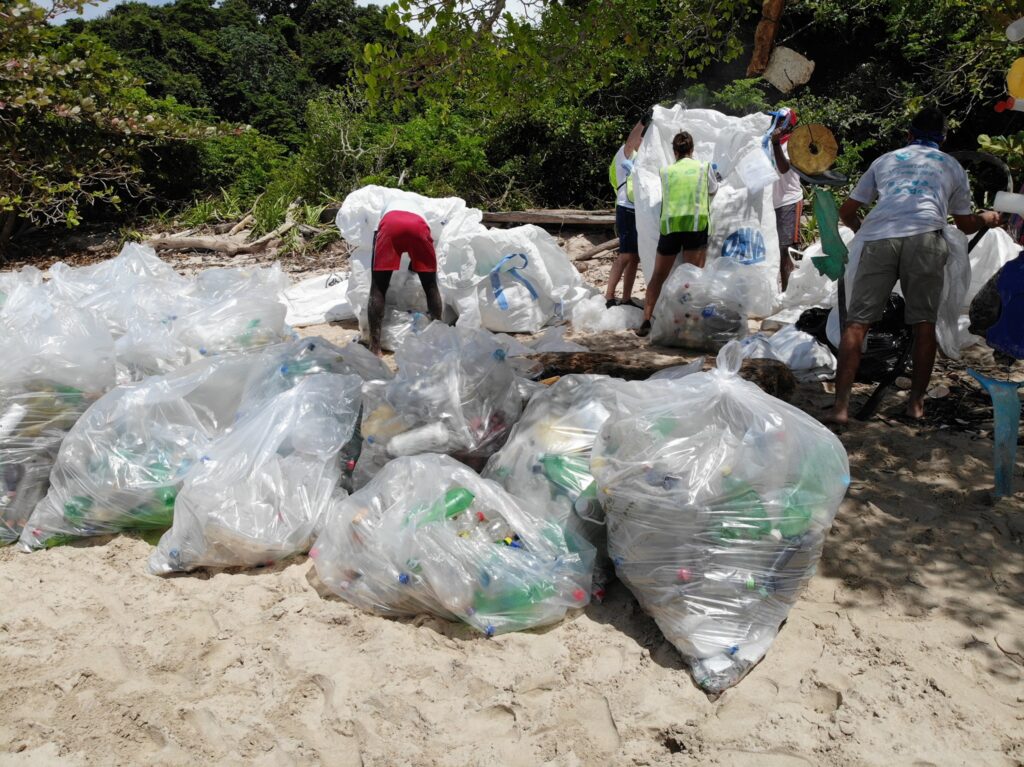
The clean-up strategy involves specialized teams sent out across 4600 kilometres of coastline to collect, manage, and recycle as much debris as possible. Anything recyclable is sent to the Ocean Legacy Foundation, which recycles and repurposes the debris.
“It really makes you feel like you’re giving back. We all take from this planet a lot, so when you find anything to do that helps you be a part of a better future, you just have to take it.”
Ashley Tapp, Ocean Legacy
West Coast Now interviewed two coastal cleaners this spring. They described their experience of going from Fort McMurray oil sand labourers to clean-up heroes working with the organization Ocean Legacy.
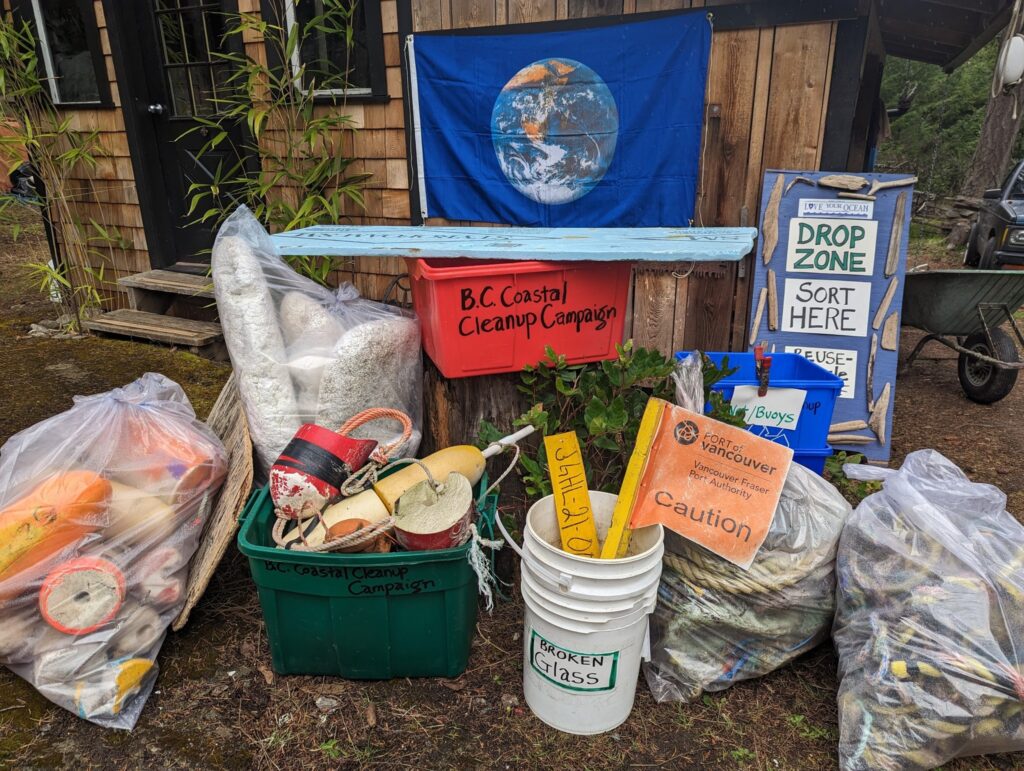
“It really makes you feel like you’re giving back. We all take from this planet a lot, so when you find anything to do that helps you be a part of a better future, you just have to take it,” Ashley Tapp told us about the work.
So far, the Clean Coast, Clean Waters Initiative has cleaned up over 1,500 tonnes of debris and 118 derelict vessels.
The first round of funding will be distributed this month, while other applicants, including First Nations and non-profit organizations, are encouraged to apply online through the Clean Coast, Clean Waters website.
